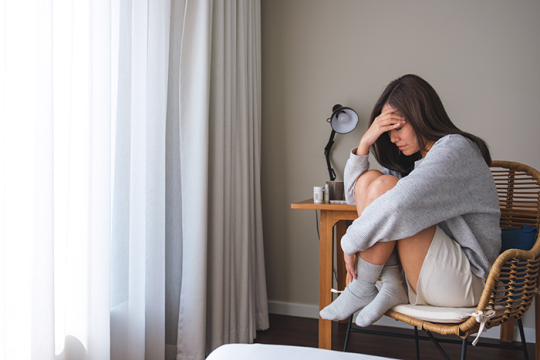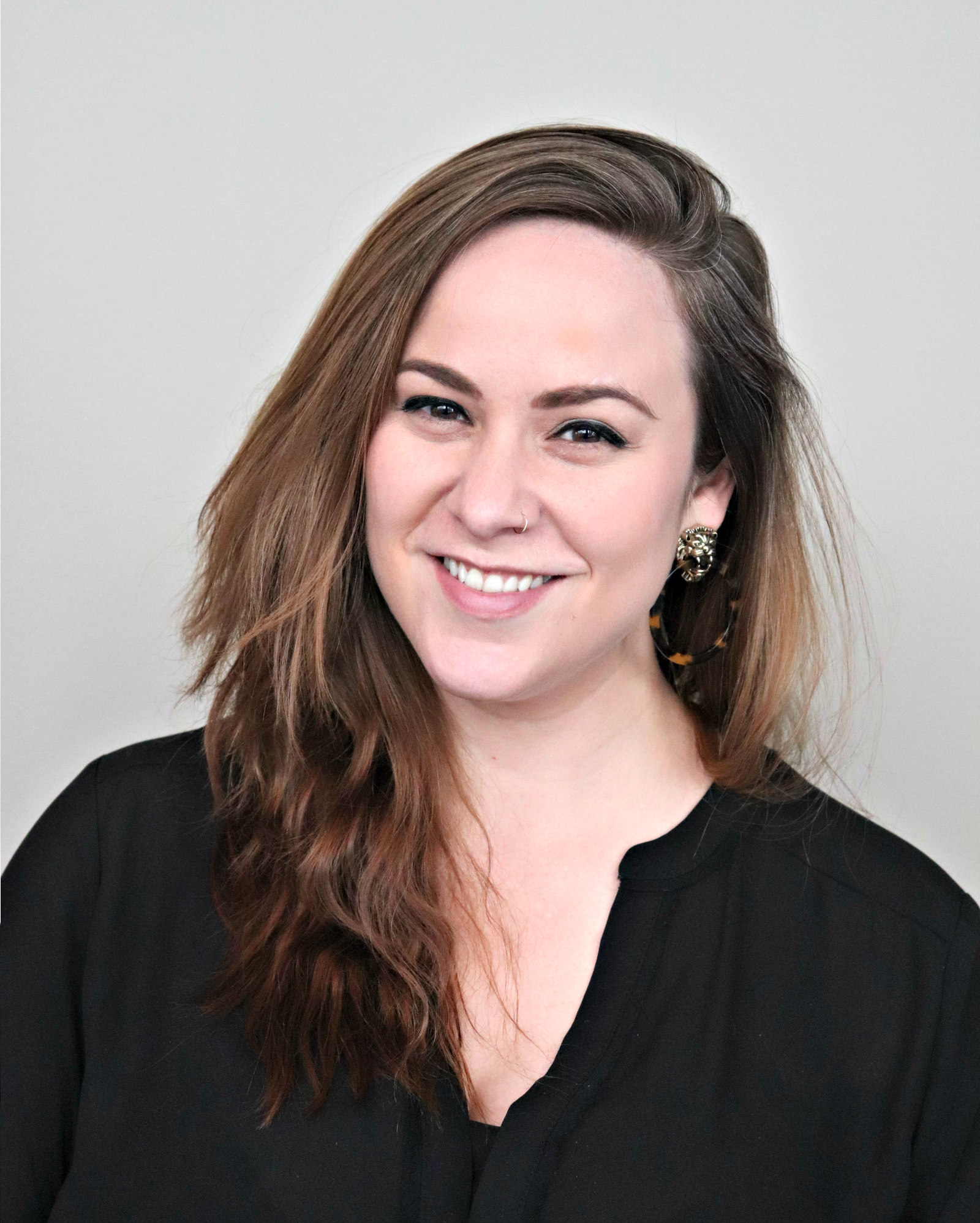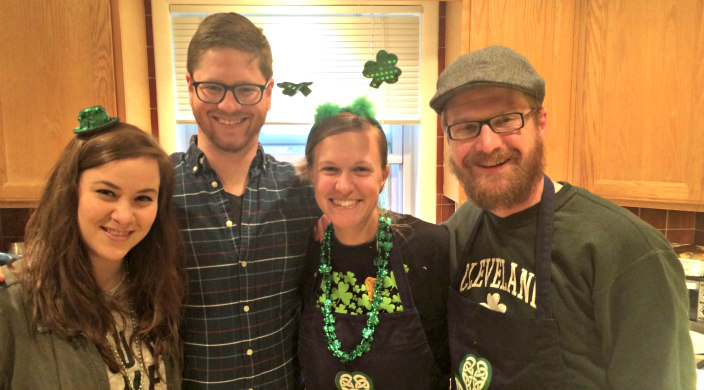
My dad died when I was 10, both of his parents already long gone before him. He left behind one sister, my aunt, but I haven’t seen her since I was 13. She failed to show up for my bat mitzvah, and I didn’t hear from her until my 21st birthday, when she tracked down my number and called “just to say hello.” Needless to say, I don’t know much about my dad’s family. I know they weren’t Jewish – but for most of my life, that was about all I knew.
When I saw a deal for a discount on one of those ancestry tests that reveals your ethnic makeup, it seemed like the perfect opportunity to learn more about my genetic background without having to dig deep into genealogy. I received an at-home kit, swabbed the inside of my cheek, and sent it back within 48 hours, eagerly awaiting my results.
When my ancestry report arrived, most of it was no surprise: “40% European Jewish,” it told me. Sounded about right! I already knew that both of my maternal grandparents were born in the United States but could trace their family’s history to Latvia and Lithuania. I was a little surprised that “European Jewish” got its own geographic grouping, but the site explained, “Although some Jewish communities enjoyed positions of relative peace and prosperity, many more were segregated from mainstream society by law, custom and prejudice, experiencing sustained persecution and discrimination.” Yep, that sounded about right, too.
The rest of the report was more telling of my dad’s side of the family: 30% Ireland, 12% Iberian Peninsula, 10% Italy/Greece, and 9% “trace regions” (little bits of other places, basically, but not enough to list out individually).
To my disappointment, I wasn’t as enthusiastic about the results as I thought I would be. After a lifetime of not knowing, they somehow seemed a little anti-climactic.
When I told a friend, though, she got excited on my behalf: “You can celebrate St. Patrick’s Day now!” she told me. “Authentically!”
I don’t know about that – I’m still a committed Jew, so I’m unlikely to engage in authentically celebrating any holiday that begins with “Saint” – but I did like the idea of getting my green on and being able to say I had the DNA to do it.
The first St. Patrick’s Day after learning of my Irish ancestry, my boyfriend’s best friend, Kevin, invited us to a party to celebrate the holiday with them. He and his now-wife Amanda do celebrate St. Patrick’s Day authentically, as they’re both practicing Catholics with deep Irish roots. We were thrilled to visit them in Washington, D.C. to celebrate the holiday with them, though we weren’t exactly sure what to expect.
Nothing could’ve prepared me for this party.
When we opened the door, we were greeted by a full Irish band playing in the living room. The house was packed with people of all ages, from children dancing to the music to old folks sitting back on the couch and taking it all in – all dressed in green, of course. In the kitchen, Amanda was sporting an apron and flipping boxty (Irish potato pancakes) on the stovetop; the dining room table was a buffet of Irish foods, including colcannon (mashed potatoes with kale or cabbage), stew, a chocolate Guinness cake, soda bread, and, of course, corned beef and cabbage. At one point, everyone stopped what they were doing to shout the words to “The Rattlin’ Bog,” a long, wordy, fast-paced Irish folk song.
I was overwhelmed and a little bit over-stimulated, but it was an incredibly joyous event. Later that year, we got to experience Irish traditions all over again at Kevin and Amanda’s wedding, which featured yet another full band and, this time, an Irish dance performed by the entire wedding party. It was an honor to celebrate with them and to take part in their Irish traditions – and when my boyfriend and I got engaged later that year, they sent us a framed Gaelic print from their honeymoon in Ireland that reads grá dílseacht cairdeas, or “love, loyalty, friendship.”
Am I going to embrace my Irish roots and start claiming to celebrate St. Patrick’s Day? Probably not on my own, but I feel fortunate to have friends who can help me connect to this newfound piece of my heritage and introduce me to some of their cherished traditions. St. Patrick’s Day may not be a Jewish holiday, but what’s more Jewish than creating a community that supports one another and celebrates together in times of joy?
And speaking of joy, when my fiancé and I got married, you'd better believe that our Irish Catholic friends were there, dancing the hora, the traditional celebratory Jewish dance.
Related Posts
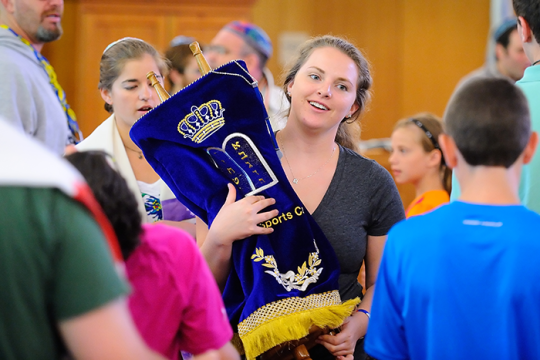
Five Ways to Encourage Teens’ Jewish Identities
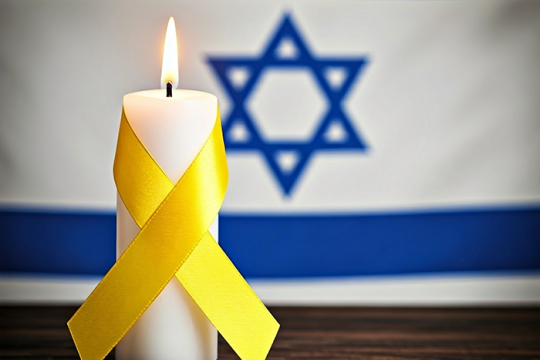
Marking this Moment: Resources for the Release of the Hostages
